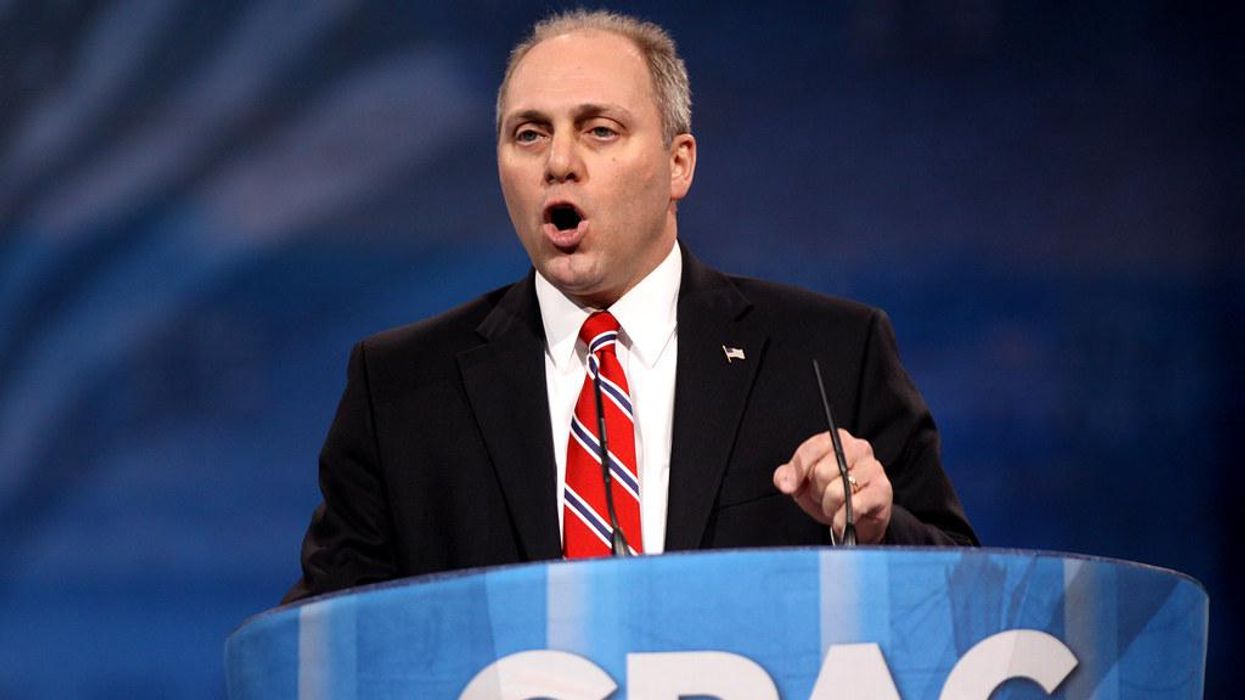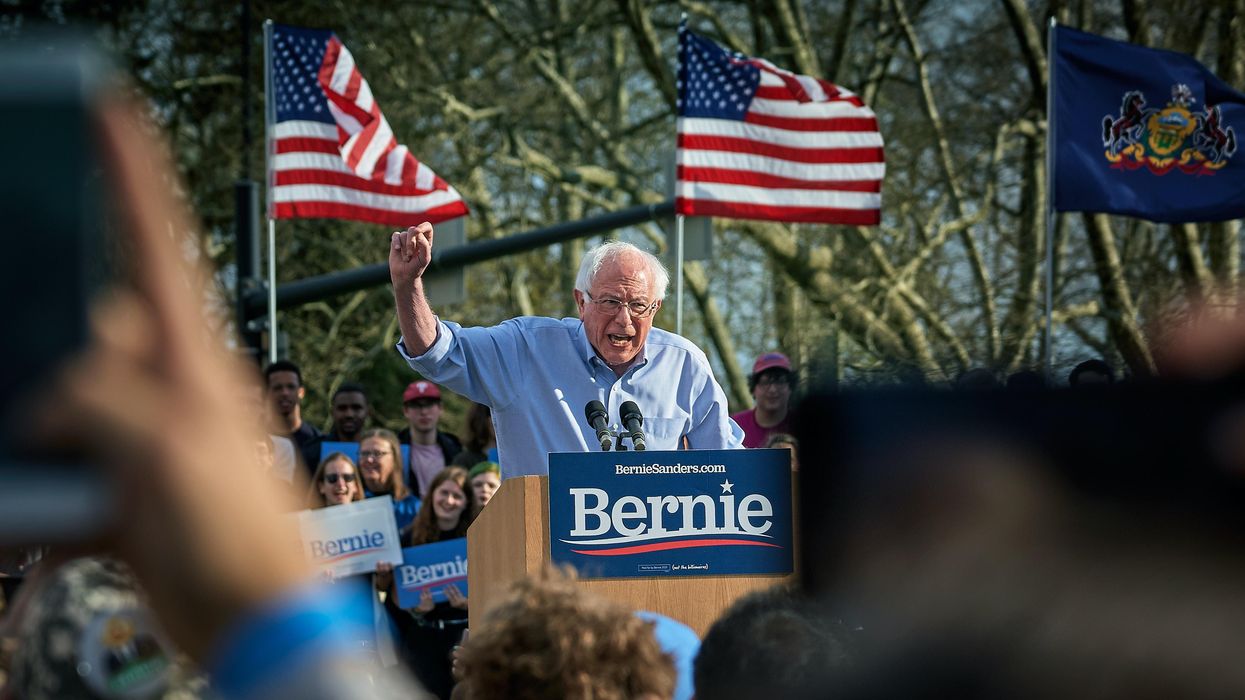Leaked Memo Shows GOP Leadership Whipping Opposition To $1400 Relief Bill
Reprinted with permission from American Independent
House Republican leadership on Friday urged every GOP lawmaker to vote against President Joe Biden's coronavirus relief legislation, mocking the proposal as "Pelosi's Payoff to Progressives Act," according to a leaked memo issued by House Minority Whip Steve Scalise and obtained by The Hill.
Because Democrats control the House, the bill doesn't need Republican votes to pass.
However, by trying to get GOP lawmakers to oppose the bill, Republicans are making a risky bet that voting against a piece of legislation that a recent poll shows more than two-thirds of voters support is good politics.
In fact, polls show that the very things House Republicans are condemning in the bill are overwhelmingly popular with the electorate.
For example, the memo sent to House Republicans lists the $1,400 direct payments to Americans as one of the reasons to oppose the legislation.
But a recent Quinnipiac University poll found 78% of Americans support the $1,400 checks.
What's more, even Donald Trump supported that dollar figure for checks when he was in office, and recently slammed Senate Minority Leader Mitch McConnell for blocking passage of the checks in an angry statement calling for McConnell's ouster as Senate Republican leader.
Trump said McConnell "matched the Democrat offer of $2,000 stimulus checks with $600. How does that work? It became the Democrats' principal advertisement, and a big winner for them it was."
Even 44 House Republicans supported that check total in December, when Democrats put it up for a vote as a dare to McConnell.
Also on the list of reasons House Republican leadership included as reason to vote against the bill is a provision to raise the minimum wage to $15 an hour.
However, the Quinnipiac poll found 61 percent support increasing the minimum wage.
A Navigator Research poll from early February also showed broad support for the provisions in Biden's relief bill that House Republicans are opposing.
For example, House Republicans listed an increase to weekly unemployment insurance payments as a reason to vote against the bill. But the Navigator Research poll found 63 percent of registered voters support that provision.
Republicans also list an increase in food stamp allowances as a negative part of the bill. Yet 73 percent of registered voters support the increase, per the Navigator Research survey.
Voting en masse against a Democratic bill and hoping that constant attacks on the legislation will help Republicans has been tried before.
It's the same strategy Republicans used in 2009 against former President Barack Obama's health care law.
However, unlike the overwhelmingly popular coronavirus relief bill, there was more opposition to the Affordable Care Act before it passed.
"Public opinion of the Affordable Care Act (ACA) has been largely divided along partisan lines since the law was passed in 2010," the Kaiser Family Foundation wrote in a piece in December 2020 about trends in support for the ACA, better known as Obamacare.
Ultimately, Republicans will be on record opposing a coronavirus relief bill as more than 10 million people remain out of work and weekly jobless claims remain at historic highs.
House Democratic leaders are looking to hold a vote on the coronavirus relief bill by the end of next week.
Published with permission of The American Independent Foundation.










